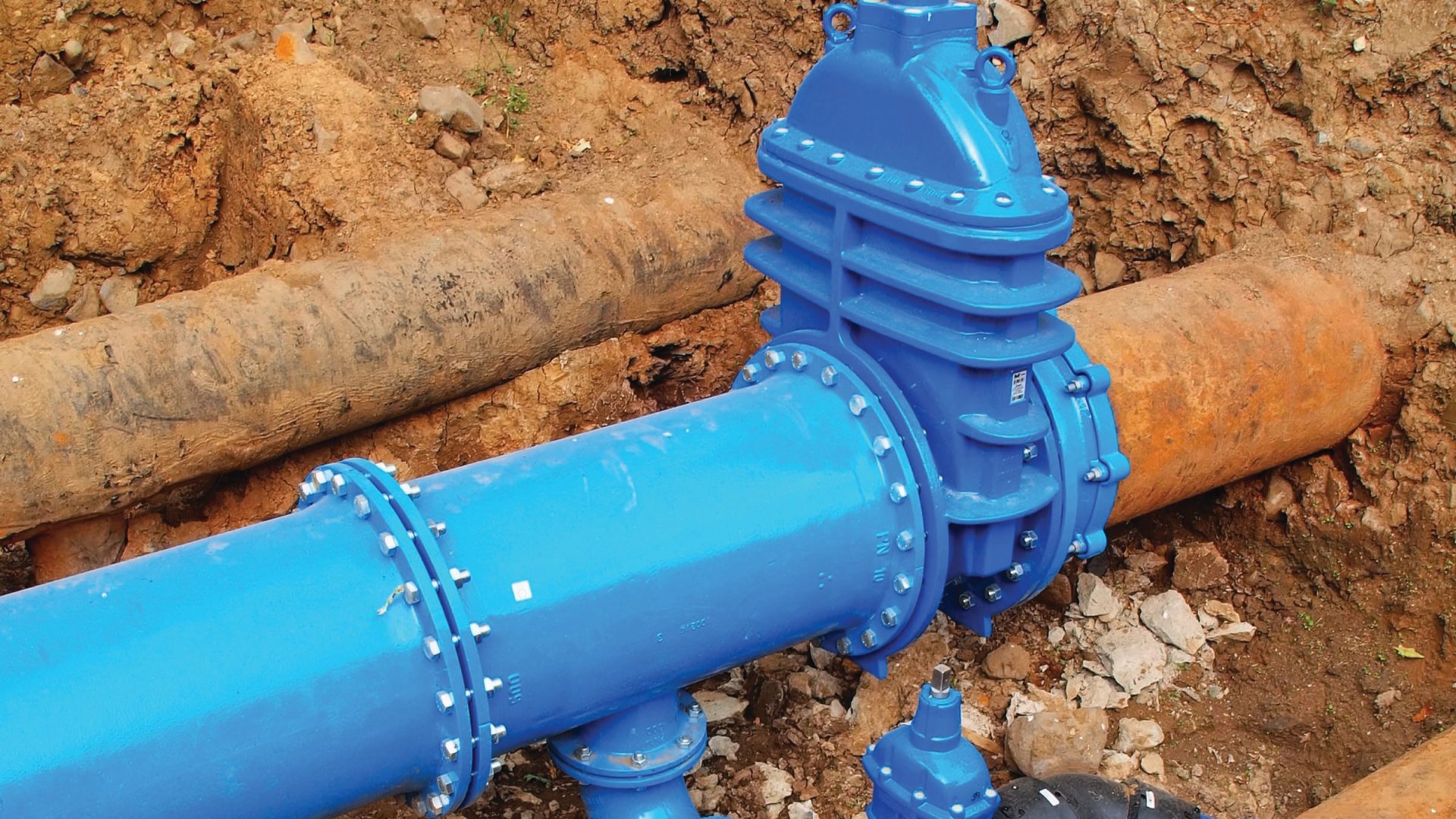Fionn Wardrop, Head of Business Development at LSBUD, the UK’s leading safe digging resource, talks to us about why the water sector is still so vulnerable to third-party strikes and explores the need for change in a bid to overcome this challenge.
The Background
Each year, we produce a ‘Digging Up Britain’ report, based on the data collected from the search enquiries that run through our portal. In 2021, we received 3.4 million searches, an increase of 10 percent on the previous 12 months. Not only did this growth show that the UK’s digging industries are taking safety more seriously than ever, but it also gave us even more data to analyse.
With around 85 percent of all digging work being preceded by a LSBUD search enquiry, it is easy to see why being ‘visible’ on a central system can help network providers reduce, and even eliminate, damage to their infrastructure. This is why 100 percent of the UK’s gas distribution networks and 92 percent of electricity distribution networks are signed up to LSBUD. This is in stark contrast to water companies, of which only 15 percent are registered and happy to share their data.
This is a real problem for the safe digging industry.
The Water Challenge
Bearing in mind the water industry has the largest network of utility assets in the UK, with over 400,000 kilometres of underground pipes, it is hard to understand why some of the companies responsible don’t want to do all they can to protect them. Especially given Ofwat’s objective of reducing leaks by 16 percent by 2025, and by 50 percent by 2050.
It seems simple. Share information about where your water pipes are, then those searching can avoid them when digging. However, there are up to 350,000 kilometres of water pipelines across the UK currently unavailable at the point when an enquirer requests gas and electricity plans. There is a serious disconnect somewhere.
What happens when you hit an asset
Striking a water pipe will likely cause disruption to consumers, leading to neighbourhoods being cut off and repair costs in the thousands.
The introduction of Ofwat’s PR19 means that any asset failures caused by third parties are now treated just like any other reason for a company’s assets failing or unplanned interruptions occurring. The financial penalties from customer lost minutes can be huge. Even more reason to stop outside damage from occurring.
Good practice – Portsmouth Water
Perhaps the easiest way to highlight best practice is to pick a particular example.
An important part of Portsmouth Water’s day-to-day operations includes protecting its pipelines from accidental damage. Before working with LSBUD, the team at Portsmouth Water had only been able to respond to asset location enquiries manually, which took a lot of time and resources. Portsmouth Water wanted to upgrade to an online solution that would provide third parties with a rapid, hassle-free way of getting the information they needed.
Since implementing the LSBUD service in April 2020, Portsmouth Water has seen the visibility of its network improve 12-fold.
Indeed, over the past 12 months, Portsmouth Water has responded to over 30,000 third party asset mapping requests. These came from a range of sources, including fellow utility companies, developers and local authorities. Pre-LSBUD, Portsmouth Water averaged just 2,500 search enquires per annum.
The impact of LSBUD is clear to see, with Portsmouth Water’s yearly search enquiries increasing significantly in just a year and a half. These numbers are even more impressive given the impact COVID-19 had on the UK’s economy and the construction industry, with much of this time period impacted by reduced work.
In addition to improved search numbers, Portsmouth Water has been able to slash its average response time from up to ten days, to now just under one minute.
The move has also helped the water company to stay at the forefront of leakage performance and meet its PR19 requirements.
In summary
The proven solution for improving network resilience, reducing leakages and having fewer unplanned interruptions, is for water companies to share their data to a central portal that is used by hundreds of thousands of people every year. It makes sense to share.



